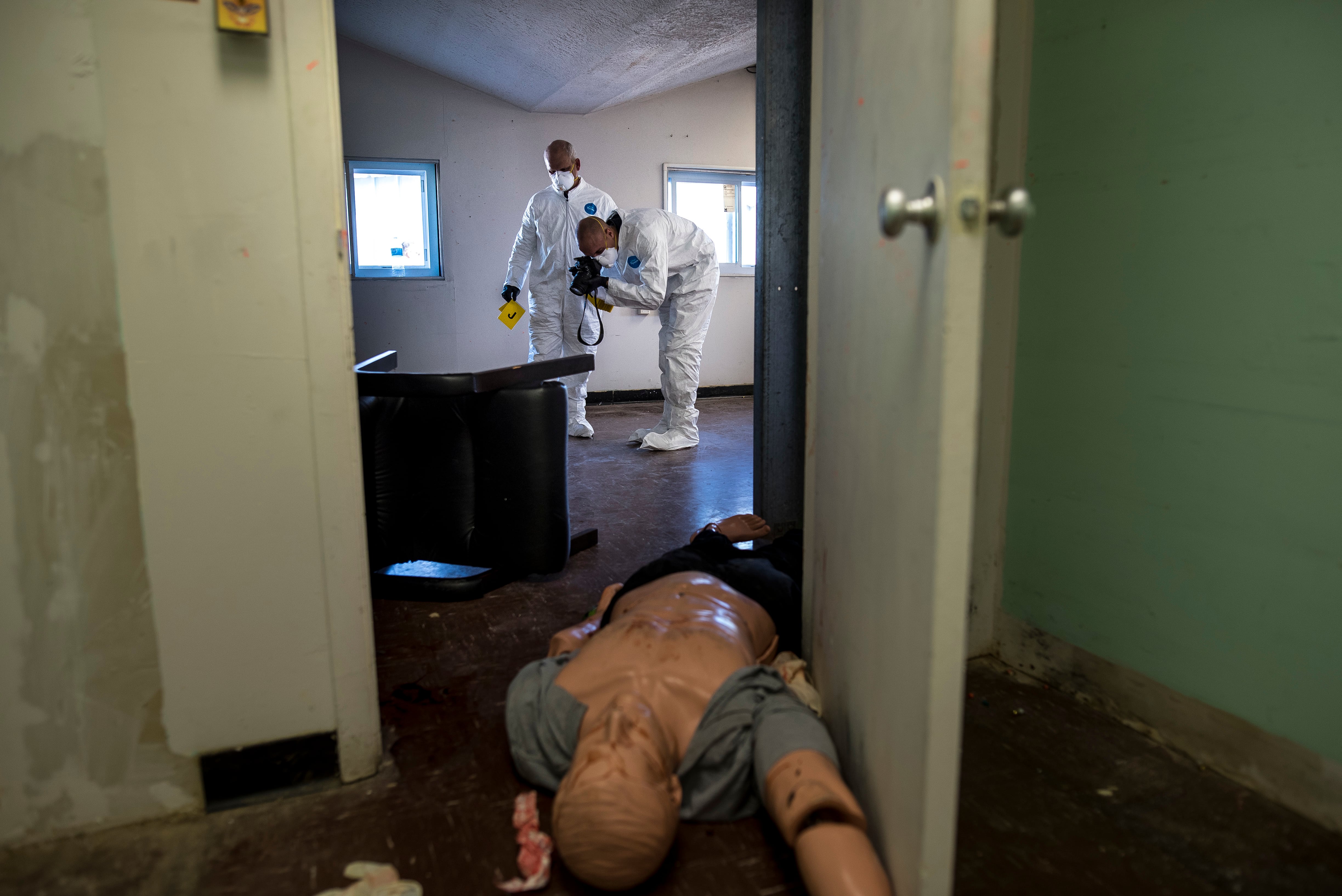How the Army prevents, investigates and prosecutes crimes — especially sexual assaults — will begin to change dramatically in 2022.
The service’s Sexual Harassment/Assault Response and Prevention program, which was highlighted as structurally flawed in the report by the Fort Hood Independent Review Committee, is undergoing a comprehensive redesign effort.
While much of the reform effort is yet to be public, the Army will begin a SHARP “fusion directorate” pilot in March that will synchronize and centralize victim services, investigators and prosecutors to improve victim care.
The Army’s top officer, Gen. James McConville, told Army Times in October that the fusion directorate is just the beginning.
“[What] we’re really trying to do is move over here and get after prevention so we have a lot [fewer] incidences to respond to,” McConville explained. “That’s what we’re trying to get to.”
Army officials have indicated that more changes to SHARP will come in 2022.
“There’s so much more work that there is to be done,” one soldier explained in October. “[The fusion directorates are] the tip of the iceberg, and a small drop in the ocean of the SHARP redesign effort that is going on.”
For the service’s Criminal Investigation Division, the reforms are coming into play from the top down. CID’s new civilian director, Gregory Ford, came over from the Naval Criminal Investigative Service to transform the agency.
A major part of that reform will involve transitioning CID to a 60% civilian, 40% military workforce, a step away from the service’s tradition of uniformed criminal investigators. The rebalancing is expected to be complete by 2027.
RELATED

Other aspects of CID’s redesign — such as how it will structure its offices — will likely become more clear in 2022, as will the technical aspects of programs aiming to transition military special agents to careers as Army civilian agents.
It’s still not yet certain, though, what Uniform Code of Military Justice prosecutions will look like in 2022 and beyond.
Congress took action on the issue after years of advocacy from legislators, as well as the recommendations of the Independent Review Commission on Sexual Assault in the Military.
The fiscal 2022 National Defense Authorization Act, passed by Congress on Dec. 15, removes prosecutions of rape, sexual assault, murder, manslaughter and kidnapping from the military chain of command. Instead, the Defense Department will create an independent prosecutorial office to handle those offenses.
Some long-time advocates of more sweeping military justice reform, such as Sen. Kirsten Gillibrand, D-N.Y., argue that the NDAA’s reforms don’t go far enough. Gillibrand had previously advocated for all serious crimes to be removed from the chain of command, not just those specified in the NDAA’s compromise measure.
Regardless, McConville said ahead of the Association of the U.S. Army conference in October, the Army is ready to “accomplish any type of directives that we’re given.”
Davis Winkie covers the Army for Military Times. He studied history at Vanderbilt and UNC-Chapel Hill, and served five years in the Army Guard. His investigations earned the Society of Professional Journalists' 2023 Sunshine Award and consecutive Military Reporters and Editors honors, among others. Davis was also a 2022 Livingston Awards finalist.





